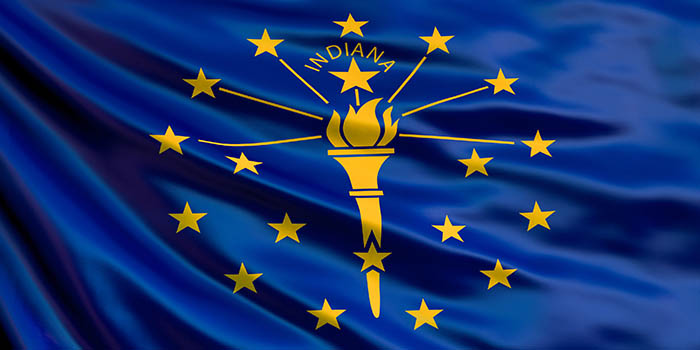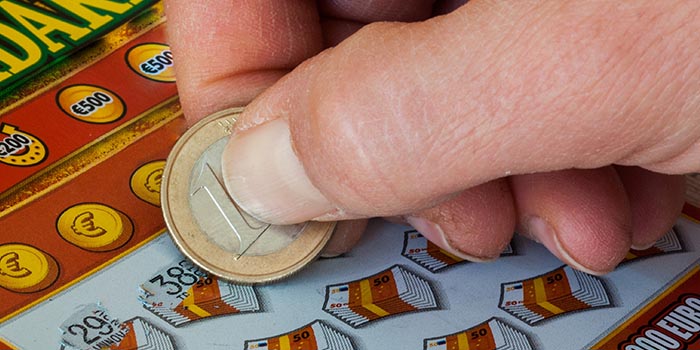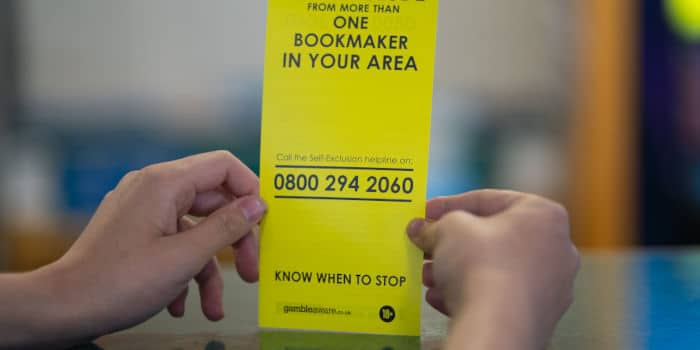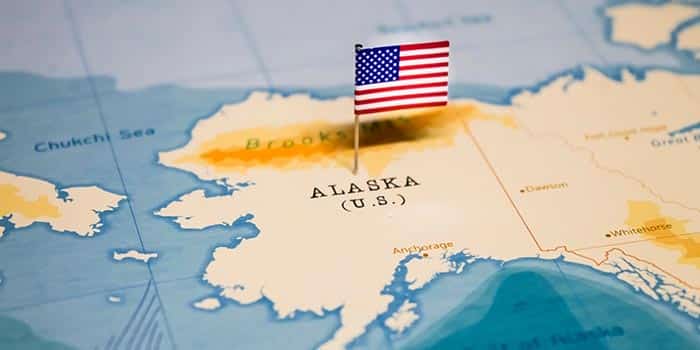- Casino
- By State
- Alabama
- Alaska
- Arizona
- Arkansas
- California
- Colorado
- Connecticut
- Delaware
- Georgia
- Florida
- Hawaii
- Idaho
- Illinois
- Indiana
- Iowa
- Kansas
- Kentucky
- Louisiana
- Maine
- Massachusetts
- Maryland
- Michigan
- Minnesota
- Mississippi
- Missouri
- Montana
- Nebraska
- Nevada
- New Hampshire
- New Jersey
- New Mexico
- New York
- North Carolina
- North Dakota
- Ohio
- Oklahoma
- Oregon
- Pennsylvania
- Rhode Island
- South Carolina
- South Dakota
- Tennessee
- Texas
- Utah
- Vermont
- Virginia
- Washington
- West Virginia
- Wisconsin
- Wyoming
- By State
- Slots
- Poker
- Sports
- Esports
New Jersey Lawmakers to Discuss New PILOT Program for Gaming Revenue

Monday’s New Jersey Senate Committee meeting will consider a bill to exclude iGaming and sports from the casino payment in lieu of tax calculations. The bill also seeks to reduce 2022 PILOT payments to $110 million.
New Jersey Contemplates Gaming Taxes
Sponsored by Senate President Steve Sweeney, the Senate version (S4007) is similar to a bill sponsored by John Armato in the Assembly. It was introduced in May to the immediate controversy by Atlantic County officials, who stated that it would harm taxpayers. Armato’s bill (A5587), differs from Sweeney’s in that it sets the 2022 amount casino would pay at $125 million.
“We will obviously end up back in court,” County Executive Dennis Levinson said in response to Sweeney’s bill moving in the Senate Community and Urban Affairs Committee. “I’m going to fight for the taxpayer.”
PILOT payments will be split between Atlantic County, the local school districts and the county.
The changes, according to the bill text, are designed to prevent financial problems for casinos that have been recovering from the COVID-19 pandemic.
State Senator Vince Polistina R-Atlantic added, “Once again, the casino industry interests are being placed before those of the hard-working middle-class families and retirees of Atlantic County. A last-minute push to try and sneak this bill in is exactly what was attempted in May and is a prime example of the type of legislators the voters rejected on Nov. 2.”
Sweeney was removed from office after 18 years, but he has weeks of lame duck legislative sessions to pass the bills he likes. His office declined comments.
Marty Small Sr., Atlantic City’s mayor, stated that he was still reviewing the bill and was not ready to make any comment.
Atlantic City Casinos Try to Rebound
Casinos had a challenging 2020. They closed for over three months, and then continued to operate under restrictions for several additional months. They have seen significant improvements this year, but are still well behind where they had hoped to be.
In 2017’s original 10-year law, PILOT, approved to stabilize Atlantic City’s finances, required the casinos to collectively pay $120 million in 2017. Payments for subsequent years would be determined based on total gaming revenue. This included land-based as well as iGaming and sports gambling. The PILOT payments increased to $132 million in 2018 and $150 million by 2020. The payments fell slightly in 2021 as a result of the pandemic. However, sports and internet gaming have helped to offset the decrease.
The state was sued by the county in 2017 to collect 13.5% of the PILOT payments promised. It settled for about that percentage in most years.
Jim Ferguson, County Counsel of the county, said that the settlement reached between the state and the county was based on “an understanding that the amounts listed in the bill were going to stay at those levels or increase as called for in the original legislation.”
Increases in payments would depend on brick-and-mortar gaming revenues. Casinos would each have to pay $5 million — a combined total of $45 million annually for all nine Atlantic City properties through 2026.
The casinos closed their doors from March through June 2020. They were also restricted in operation for months. However, the growth of internet gaming and sports meant that gaming revenues under PILOT didn’t plummet as predicted.
According to industry publications: Casinos claim that they must pay third-party operator a percentage of what they make online and from sports gaming. They also question the fairness and inclusion of those in the PILOT calculations.
According to the New Jersey Division of Gaming Enforcement data, total gaming revenue after the second quarter of this year was 33% more than it was at the beginning of 2019. However, revenue from land-based casinos fell by around 12% in comparison to 2019.
Related Topics:
Erik brings his unique writing talents and storytelling flare to cover a wide range of gambling topics. He has written for a number of industry-related publications over the years, providing insight into the constantly evolving world of gaming. A huge sports fan, he especially enjoys football and anything related to sports gambling. Erik is particularly interested in seeing how sports gambling and online gaming are transforming the larger gaming ecosystem.
Must Read
Legal
April 9, 2025
Stake.us Hit with Class Action Lawsuit in Illinois
Legal
April 9, 2025
Delaware Orders VGW Luckyland to Halt Operations
More Articles









Industry
April 16, 2025
Tennessee SWC Asks CFTC to Ban Sports Event Contracts

Industry
April 16, 2025
‘Tesla Terrorist’ Pleads Not Guilty to Litany of Charges

Casino
April 16, 2025
Jake’s 58 Casino Warns About Online Gambling Scam

Casino
April 16, 2025
Lucky Couple Hits $4.2M Megabucks Jackpot at Pechanga

Sports
April 16, 2025
North Carolina Could Double the Online Sports Betting Tax

Casino
April 16, 2025
Las Vegas Sands Faces Challenges Despite Analyst Optimism

Industry
April 15, 2025
Indiana Bill Seeking to End Lottery Couriers Advances

Industry
April 15, 2025
Brazil Weighs Stricter Rules on Gambling Advertising







